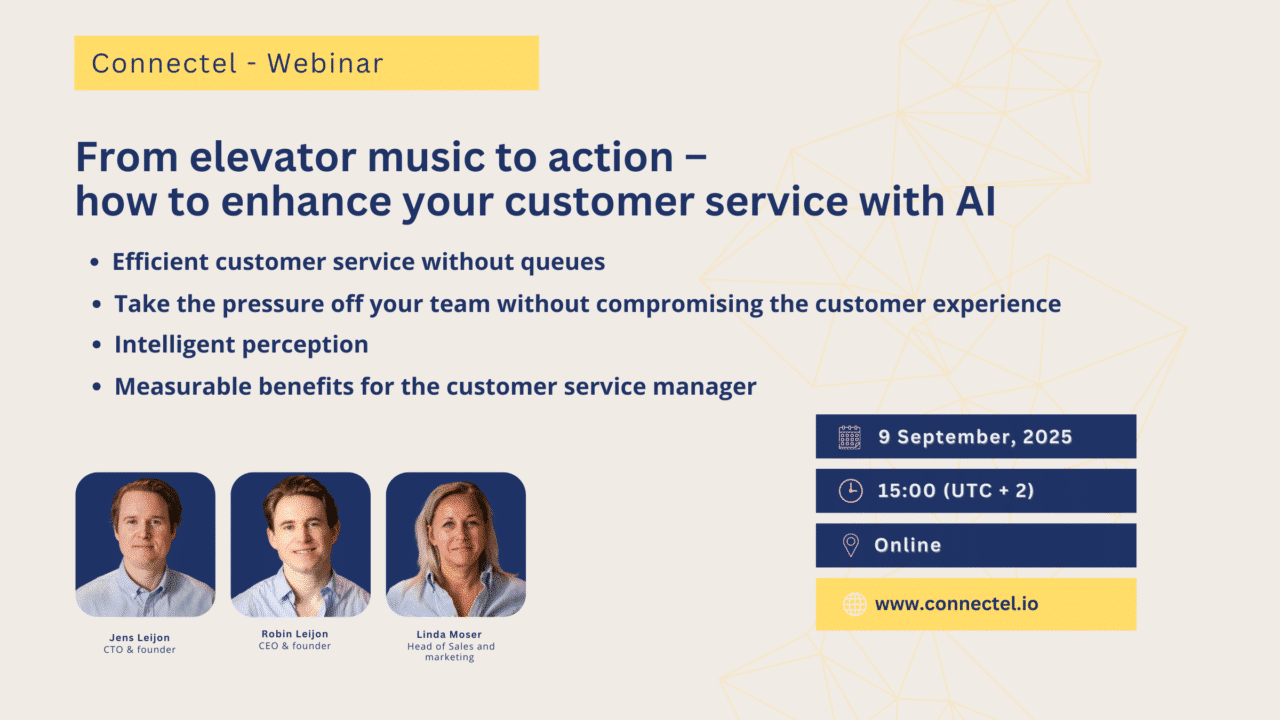
How to say no and still provide exceptional customer service
How to say no to customers and still provide exceptional customer service
Satisfied customers are the key to any successful business . Part of providing exceptional customer service is to go above and beyond to meet your customers needs. However, there are instances when we may need to say no to a customer’s request or demand.
Learning how to say no tactfully and effectively is crucial to maintaining positive customer relationships. How you deliver your message is often times more important than what you are saying, and this is especially true when you can’t give your customer the answer they were looking for.
In this article, we will help you navigate difficult situations where you might have to say no to a customer but still deliver exceptional customer service.
Understand the power of empathy
When faced with a customer’s request that you cannot fulfill, the first step is to empathize with their situation. Put yourself in their shoes and genuinely understand their needs and concerns. By demonstrating empathy, you show that you value their thoughts, their time and that their satisfaction is important to you. This lays the foundation for a more constructive conversation, even when the answer is no.
Active listening and open communication
When a customer presents a request that you cannot fulfill, actively listen to their concerns and ensure they feel heard. Give them your undivided attention and ask questions to gain a deeper understanding of their expectations. Maintain open communication throughout the conversation, providing transparency and honesty about the situation. By doing so, you build trust and credibility, even if the final answer is no.
Offer alternatives and solutions
While you may not be able to fulfill the customer’s initial request, explore alternative options or suggest potential solutions. This demonstrates your commitment to finding a resolution and shows the customer that you are willing to go the extra mile to meet their needs. Providing viable alternatives can turn a potentially negative experience into a positive one, leaving the customer feeling valued and appreciated.
Educate the customer
In some cases, customers may make requests that are unreasonable or incompatible with your business policies or limitations. Take the opportunity to educate them about your processes, policies, or any relevant constraints that prevent you from fulfilling their request. Offer a clear explanation of why the request cannot be accommodated. When customers understand the reasons behind a denial, they are more likely to accept it and appreciate your transparency.
Maintain a positive tone and language
When saying no to a customer, the tone and language you use are crucial. Strive to maintain a positive and professional demeanor throughout the conversation. Avoid using negative language or sounding defensive. Focus on highlighting the customer’s positive attributes and emphasize that you genuinely value their business. A positive tone can help diffuse tension and leave the customer with a better overall impression of your brand.
Provide exceptional customer service throughout
Remember that exceptional customer service extends beyond the initial request or complaint. Regardless of whether you can fulfill a specific request, continue providing outstanding service throughout the customer interaction. Ensure that the customer feels heard, supported, and appreciated. By consistently delivering exceptional service, you can mitigate any potential negative impact of saying no and reinforce the customer’s loyalty.
Summary
While saying no to a customer may seem counterintuitive to good customer service, it can be necessary at times. By following these strategies, you can effectively handle these challenging situations while maintaining positive customer relationships. Remember to approach each interaction with empathy, active listening, and open communication. Offer alternatives, educate the customer, and maintain a positive tone throughout. By implementing these techniques, you’ll enhance your customer service skills and cultivate long-term customer loyalty.
Customer service managers who master the art of saying no can turn potentially negative experiences into opportunities for growth and improved customer satisfaction. By adopting these tips and strategies, you’ll empower your team to handle difficult conversations with confidence and finesse. Ultimately, exceptional customer service is about building trust, understanding customer needs, and providing solutions, even when the answer is no.


